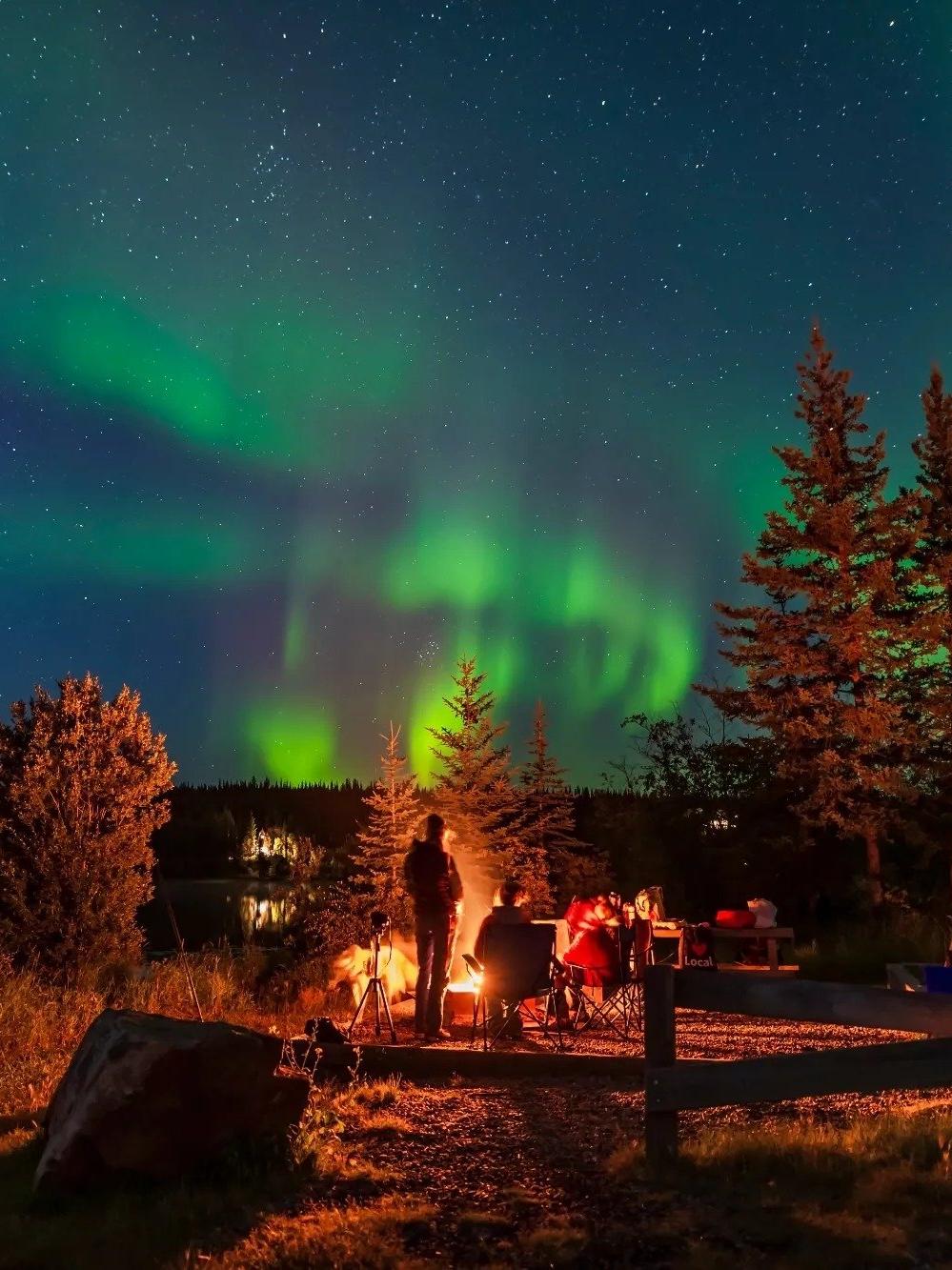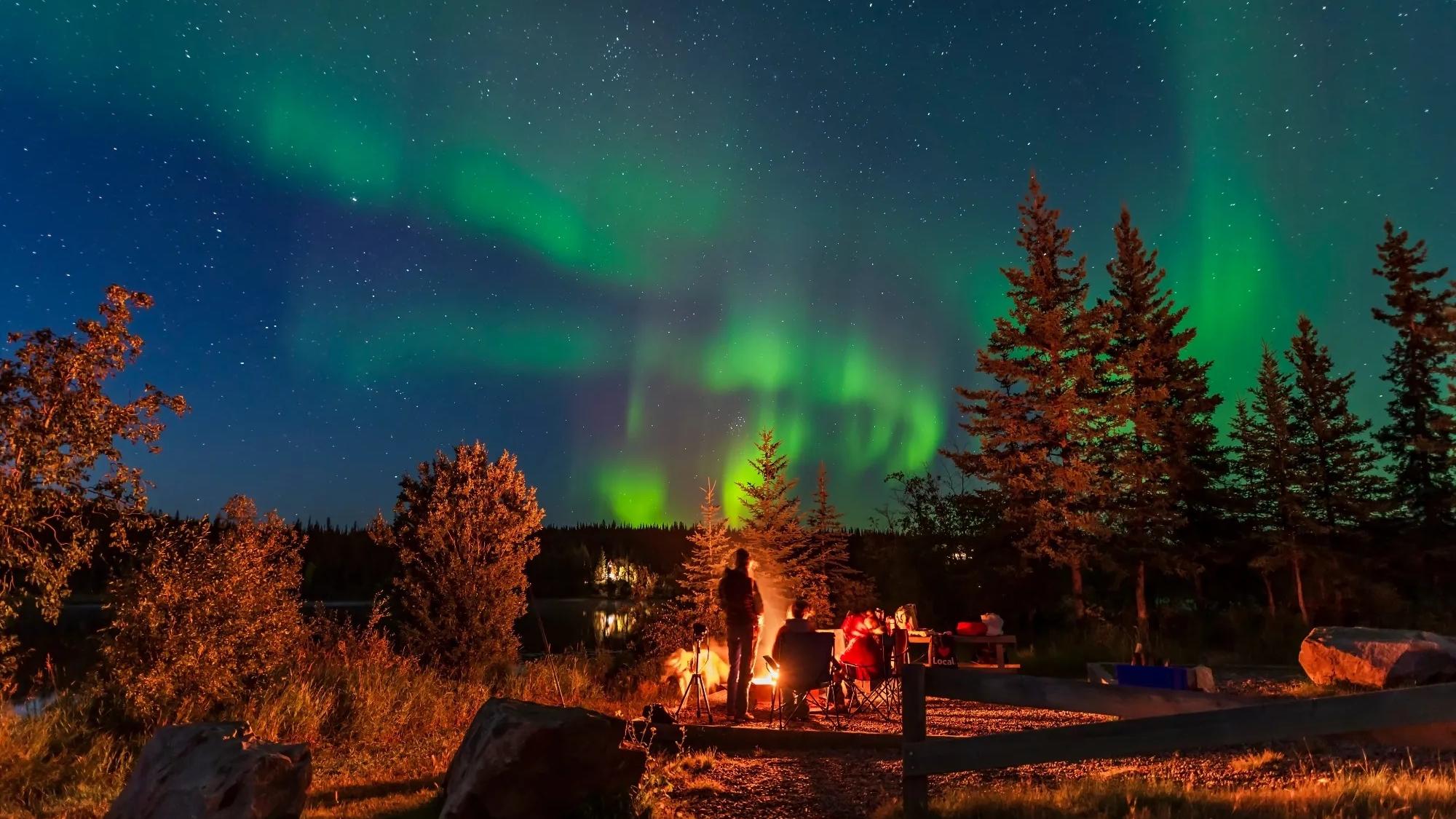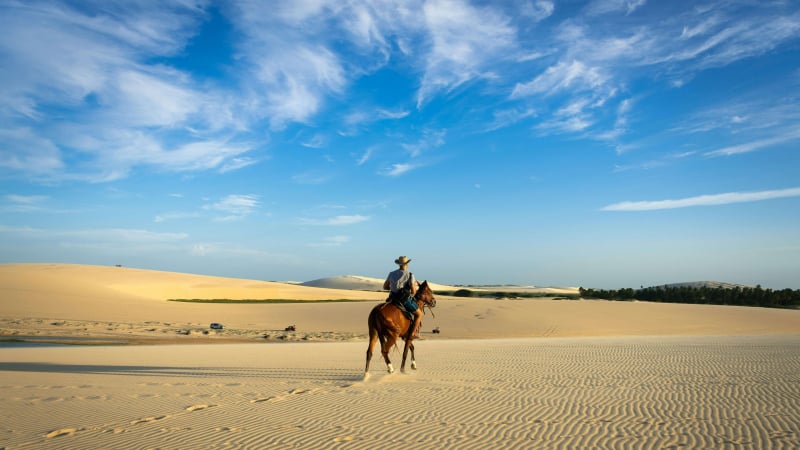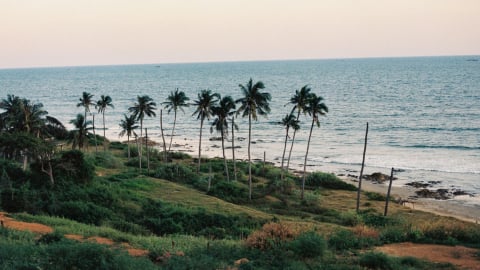According to a survey by Booking.com, nearly 62% of travelers in 33 countries said they are considering holidays with nighttime activities such as stargazing, jungle exploration, or night tours in famous cities. Luxury travel company Wayfairer Travel also reported a 25% increase in bookings for night tours in 2024 alone. Young people, especially Millennials, are increasingly favoring non-alcoholic experiences, replacing bar nights with unique and memorable adventures.
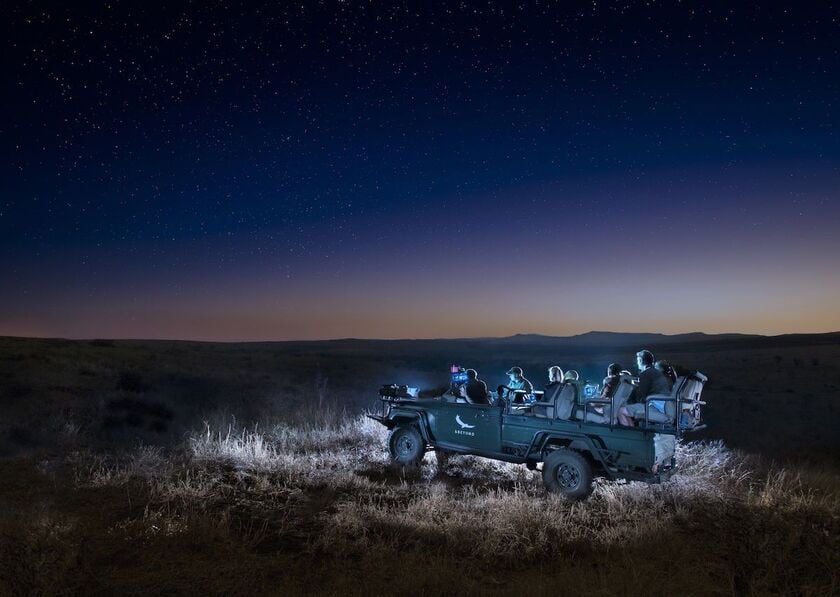
Noctourism – night tourism – is increasingly flourishing.
Wild nature in the night
One of the reasons nighttime travel is so appealing is the fresh perspective it offers on familiar landmarks. In Africa, where the majority of wildlife is nocturnal, night safaris are booming. According to Dan Free, Director of Wildlife Worldwide, tourists are increasingly curious to discover rare animals such as aardvarks or aardwolves – species that are typically nocturnal. Wayfairer Travel alone has seen a 35% increase in demand for night safaris in Africa compared to the previous year.
Not only in Africa, but also in rainforest resorts in Madagascar, Costa Rica, or along the Amazon River (Ecuador), nighttime canoeing or hiking trips are organized to explore the nocturnal life of the ecosystem. In Europe, the company Amazing Nature Scandinavia organizes overnight camps in wolf habitats, where visitors can listen to the howling of the forest at night. In Scandinavia, specialized observation stations have also been set up so visitors can observe brown bears in the wild.
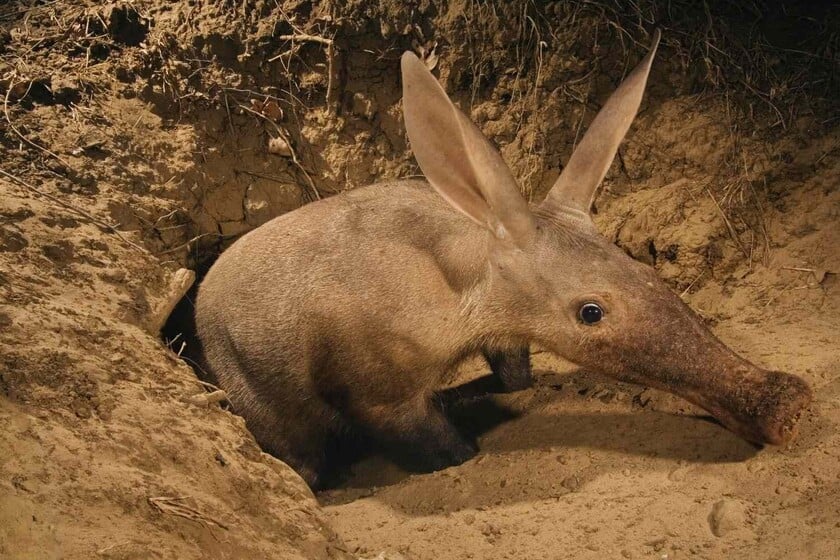
aardvark pig
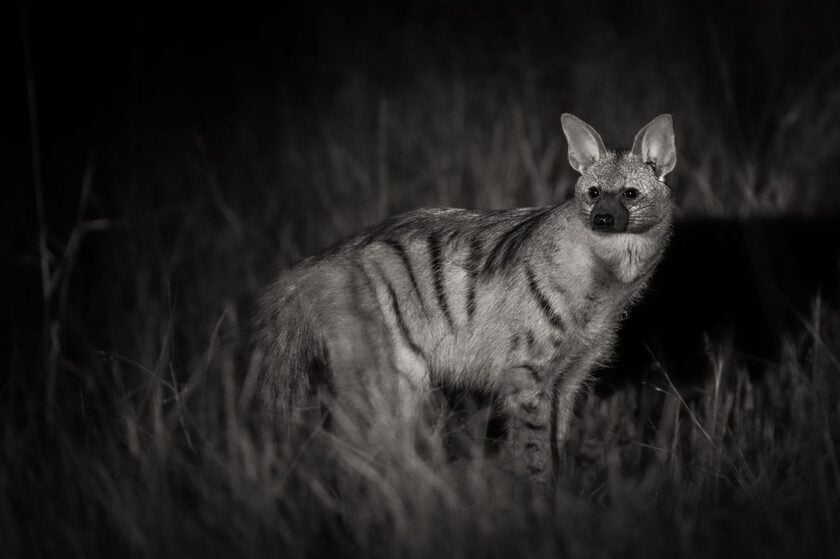
Aardwolf
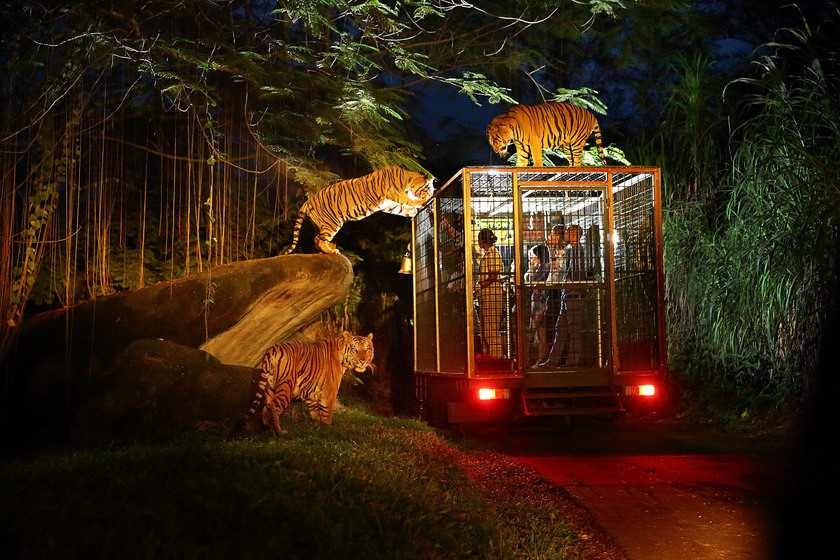
In Africa, where the majority of wildlife is nocturnal, night safaris are booming.
Northern Lights
No activity better embodies the spirit of night tourism than hunting for the Northern Lights. With the solar maximum expected in 2024-2025, the frequency and intensity of the aurora borealis will increase significantly, attracting a growing number of tourists to the highlands near the Arctic Circle. Last year alone, seasonal flights to Tromsø – Norway's "Northern Lights capital" – increased from 22 to 87, with participation from several major airlines.
Tom Kress, an aurora hunting expert for Hurtigruten, describes the Northern Lights as "a nearly magical wonder bestowed by nature." Hurtigruten's ships have become "floating observatories," constantly moving in search of the clearest skies. Demand for tickets on the company's Astronomy Voyage has nearly doubled in just one year.
To increase opportunities for tourists, many companies even offer a "Northern Lights Guarantee" policy: if they don't see the phenomenon during their trip, passengers will be invited to participate in a free trip the following year.
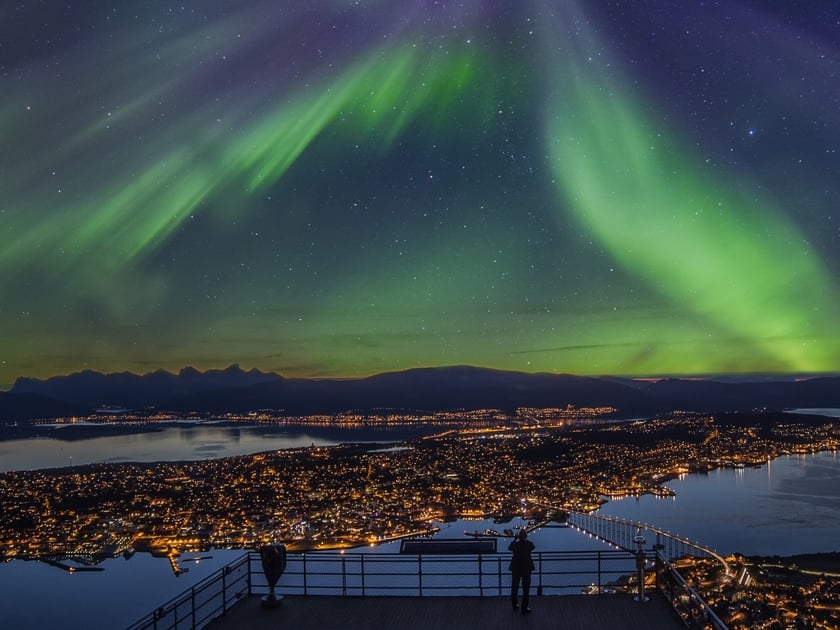
The aurora borealis shines brightly in the sky over Tromsø, Norway.
Experience the "star bed".
As stargazing is no longer just a hobby for astronomers, the demand for accommodations with stunning night views is booming. In Africa, "starbeds"—open-air sleeping accommodations amidst nature—have become a highlight of high-end safari tours. According to Chris McIntyre, founder of Expert Africa, nights spent sleeping amidst the wild calls of hyenas not only offer tranquility but also create a deep connection with nature.
While sleeping outdoors used to mean thin mattresses and single blankets, now accommodations have upgraded the experience with king-size beds, premium bedding, and even hot tubs. Basecamp Samburu in Kenya recently opened four luxurious star-shaped beds, nestled under a canopy amidst the jungle.
Not just Africa, but the Maldives, a paradise for vacationers, has also joined the trend. At the Milaidhoo resort on Baa Atoll, guests can book a “Sleep Under the Stars” package, an overnight experience on a secluded beach in the middle of the ocean, accessible only by boat. In Switzerland, the “Million Stars Hotel” campaign, launched in 2021, now offers over 50 unique accommodation options, from glass domes to farm-style trailers, all designed for stargazing.
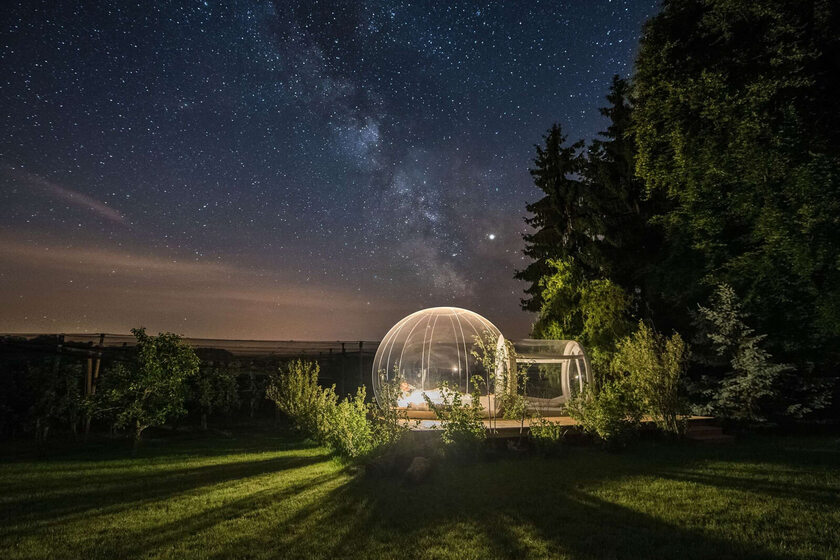
One of over 50 "Million Stars Hotel" models nestled amidst Swiss nature.
The night sky - a gradually disappearing treasure.
With global light pollution increasing by 10% annually, and the Milky Way no longer visible to a third of the world's population, "rediscovering the sky" is becoming an increasingly popular travel destination. The non-profit organization DarkSky International has recognized over 160,000 km² worldwide as DarkSky Reserves and Parks, from the Namibian desert to the remote regions of New Zealand. The United Kingdom alone currently has 22 DarkSky reserves.
In New Zealand, the Tāhuna Glenorchy Dark Sky Sanctuary was recently recognized in 2025, opening up more options for astronomy enthusiasts. Novel activities such as nighttime stargazing boat trips or swimming under the full moon in District Lake (England) are also being developed to cater to dreamy tourists.
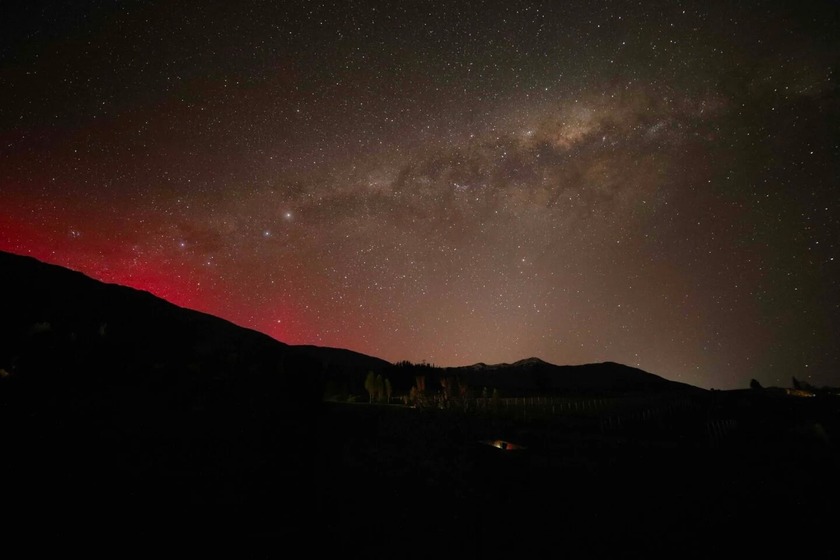
Glenorchy (New Zealand) has just been recognized as a Dark Sky Reserve, set to open in 2025.
The glowing underwater world
The night sea – an untapped "galaxy" of potential. Although participation in PADI's night diving courses only increased slightly by 2% from 2020-2024, experts believe this is a field with enormous growth potential. With a UV light in hand, coral reefs can glow brilliantly in fluorescent colors, creating a scene like an underwater disco party. Highlights include Bonaire Island (Caribbean) and the Buceo Anilao resort in the Philippines.
Even those who can't dive can still "hunt" for bioluminescence, where algae glow like a river of stars beneath the waves. Photographs of the neon-green bioluminescent sea have made Mudhdhoo Island (Maldives) and Mosquito Bay (Puerto Rico) dream destinations. Mosquito Bay, in particular, has been recognized by the Guinness Book of Records as having the strongest bioluminescence in the world.
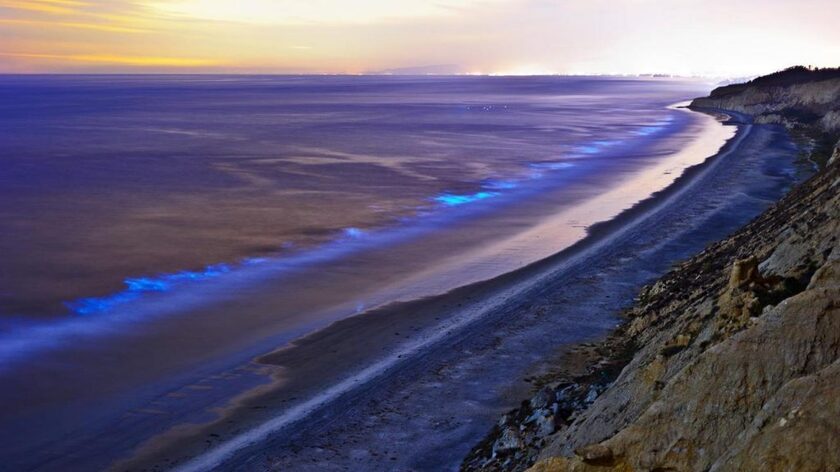
A beach that glows blue on Mudhdhoo Island (Maldives)
Nighttime travel not only expands the time limits for adventures but also offers a different kind of emotion – profound, pristine, and poetic. In an increasingly crowded and noisy world, the night itself becomes a magical "mystery" that captivates travelers.

 VI
VI EN
EN



